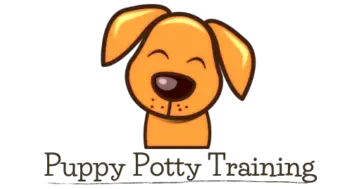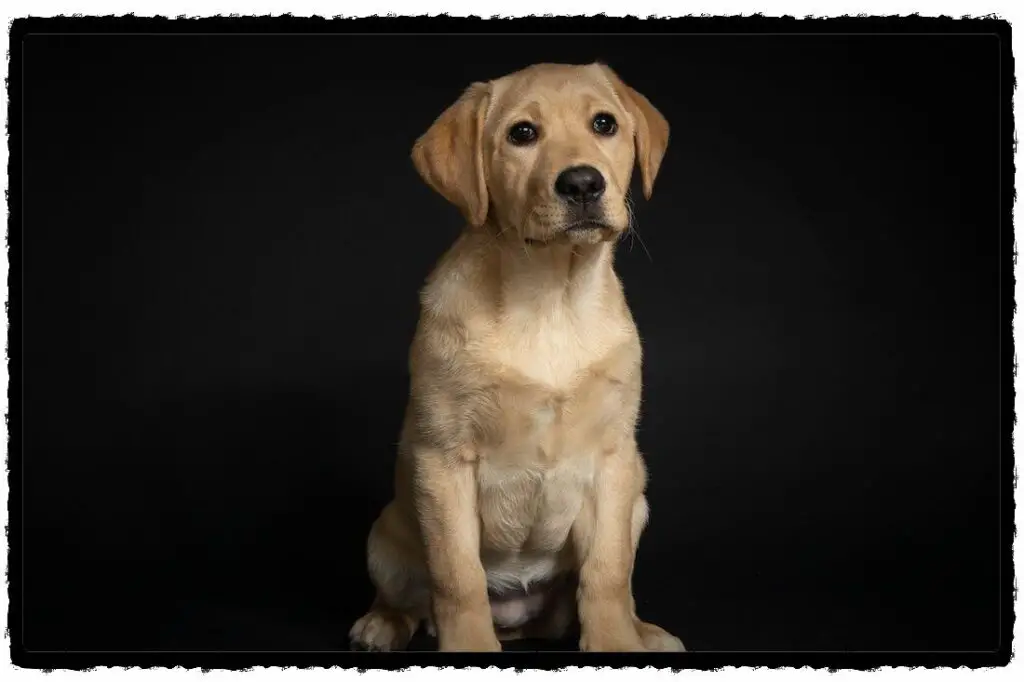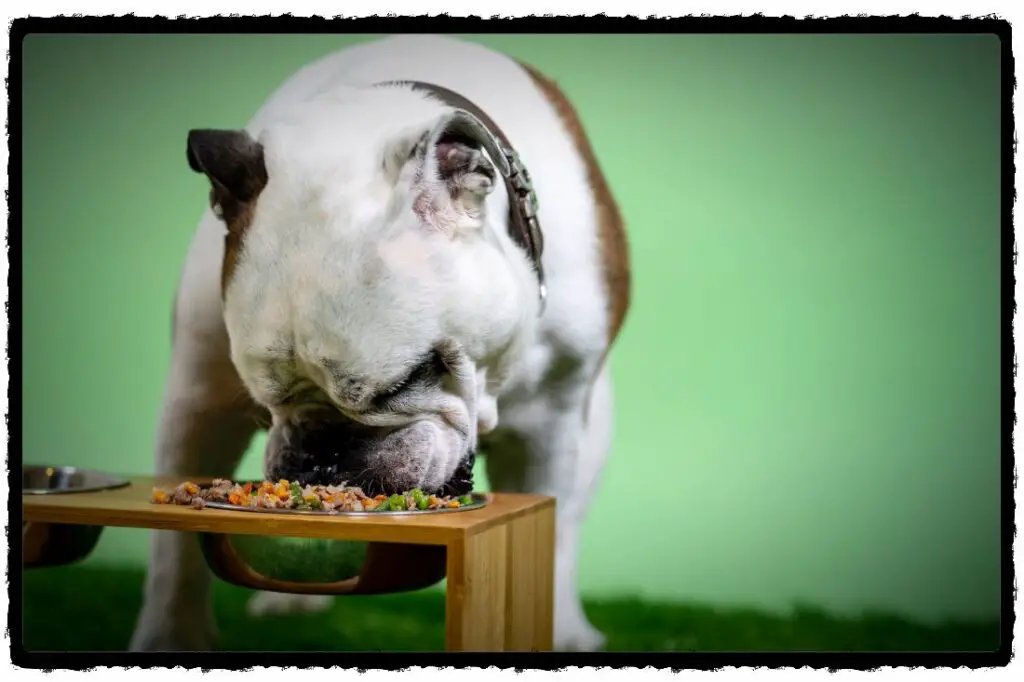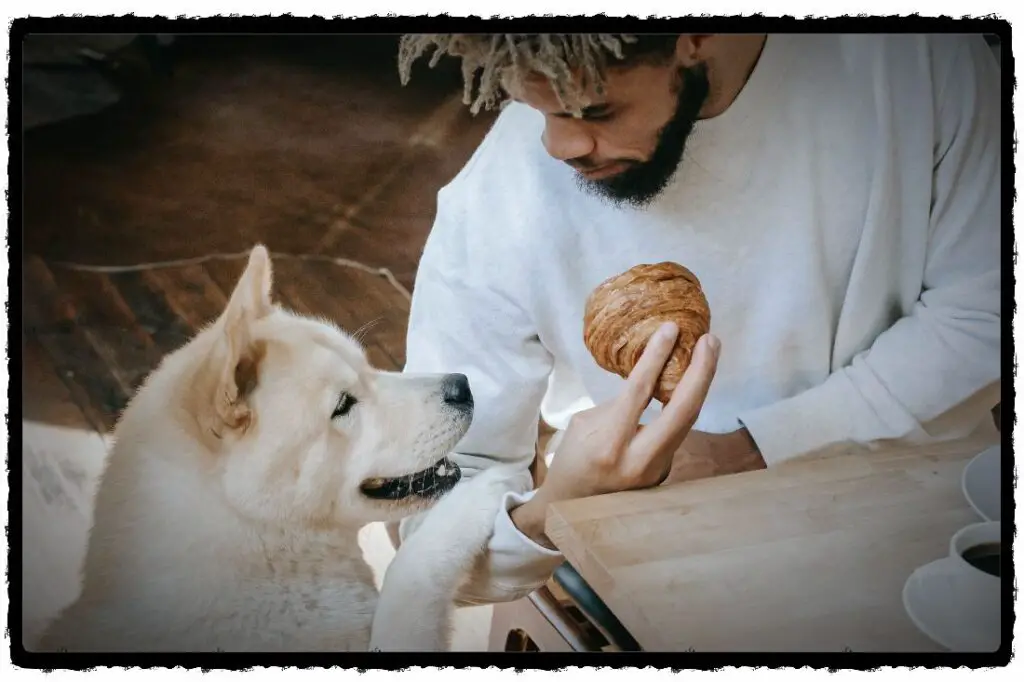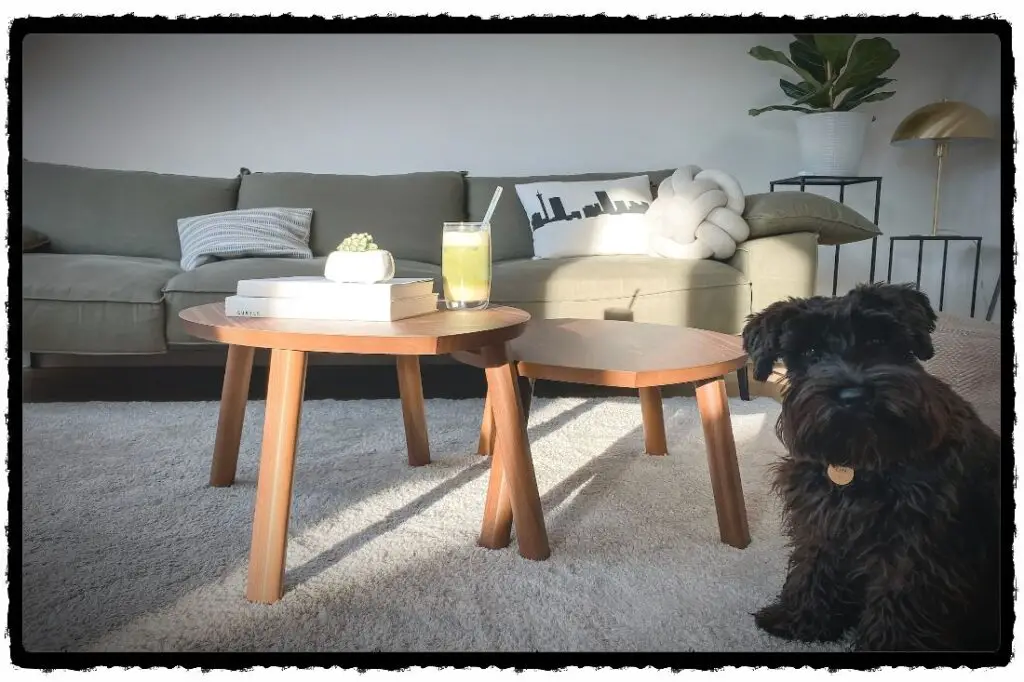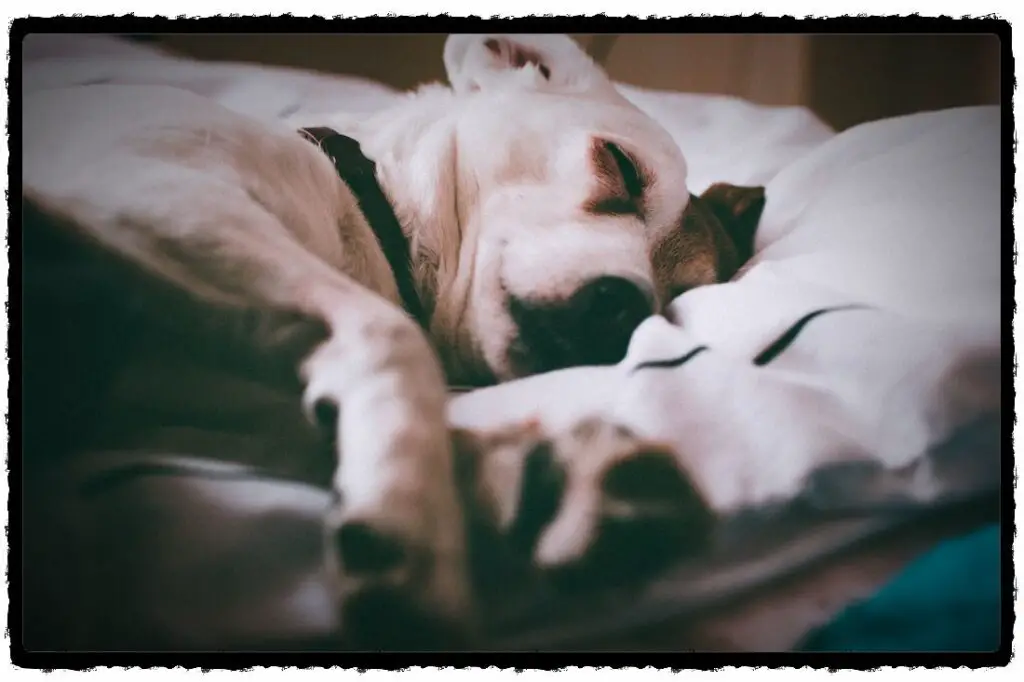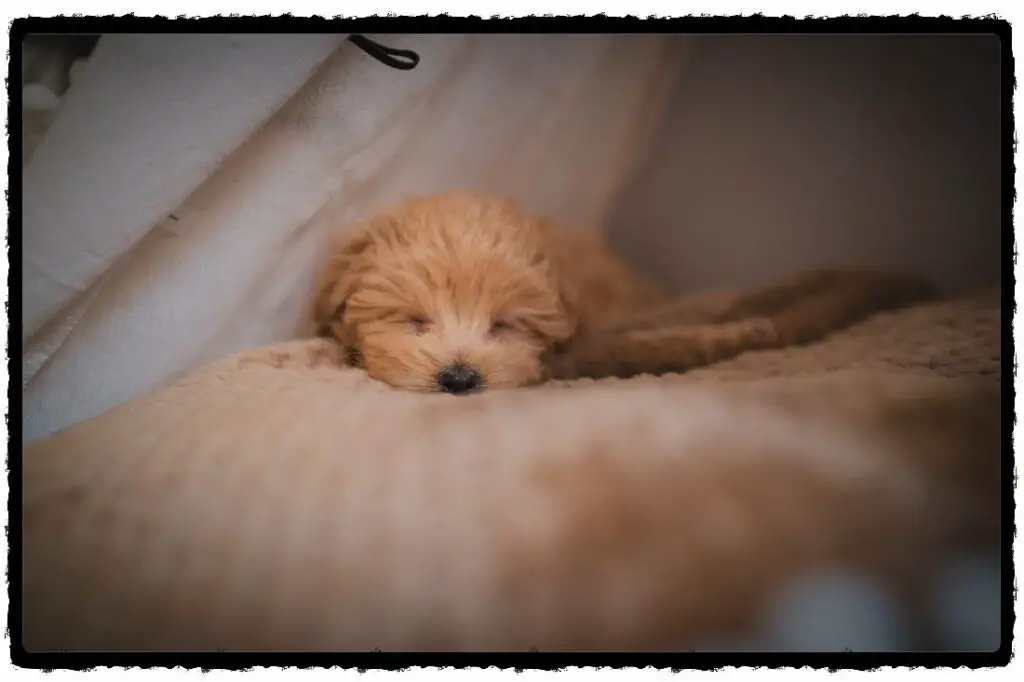Teething is one of the most underrated challenges of parenting a puppy. A puppy will get his baby teeth when he’s 2-3 weeks old. He will have a complete set of adult teeth by the time he is 8-9 months old. This is the time when you can expect your puppy to become potty trained.
So, teething and housetraining will continue together. But, do puppies have more potty accidents when teething? We’ll talk about this in detail later in this article.
But first, understand that teething and housetraining; both processes are not linear. For example, your puppy will progress in potty training, but suddenly, he will start having accidents again, then he will show good performance again, and after that, he may have a few more days with accidents.
But the overall graph of the progress will move upwards. The number of accidents will keep reducing until your puppy stops having accidents.
Similarly, your puppy will not be teething all the time during the teething phase. One day he will be fine, and the other day, he will show teething symptoms. The tooth will try to pop out for some days; your puppy will be in pain, and then it will stop. Then, after some time, it will try to pop up again. This process will continue until the complete teeth appear (around 8-9 months of age).
Signs of teething in puppies:
Teething causes potty accidents or not? Before you make the decision, you must know the signs of teething in puppies. Teething symptoms in puppies are almost the same as in human babies.
The common signs are:
- Excessive chewing: It is not unusual for a puppy to chew everything, but if you see excessive chewing that looks abnormal, it can be because of teething.
- Excessive drooling
- The puppy is hyperactive or underactive
- Reduced interest in playing or eating
- Whining
- Training regression
- Visible lost milk tooth
- The puppy may have an upset stomach
- May have fever
Can teething cause potty accidents in puppies?
Yes, teething can cause potty accidents in puppies. this process is stressful for puppies; anything stressful will cause any dog or puppy to have potty accidents, no matter if they are potty trained or not.
Your puppy’s pain or discomfort might cause him to lose control over his muscles (especially bladder muscles), or he may not be focused on the training.
Take your own example; when you are in pain, you lose the strength to do normal household chores. You cannot focus on work or even read a book because you are distracted by the pain.
The same is going on with your puppy. So, YES! Your puppy will take a few steps back in potty training during teething.
This post may contain affiliate links. Please read our full disclosure here.
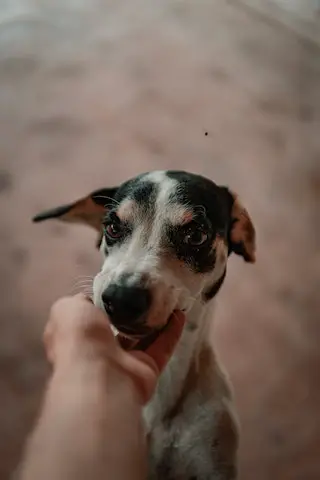
How to soothe a teething puppy?
You should not give your puppy any painkillers without the veterinarian’s prescription.
However, you can’t leave your puppy like that. It is impossible to eliminate the pain and other symptoms completely; however, you can reduce the discomfort with some remedies.
1- Puppy teething chew toys:
There are some puppy chewing toys available that are made of teething relief. Chewing & licking also helps the dog to relieve anxiety and stress.
Make sure to choose a suitable chew toy for your puppy; tough toys will become problematic for the puppy’s new teeth, while very soft toys can be broken down into pieces.
Consider your puppy’s bite power too. A pitbull, rottweiler, or german shepherd puppy will have a stronger bite force, so you should consider harder toys that are not easy to break. On the other hand, get a lighter chew toy for the chihuahua.
Consider the size: Don’t buy a small chew toy for a large breed puppy with a big mouth to prevent the risk of ingestion.
Check the puppy teething chew toys range on Amazon.
2- Frozen fruits:
Give your puppy frozen fruits like frozen bananas or strawberries. It might numb your puppy’s jaw and help him feel relieved.
3- Calming collar or diffuser:
Calming collar or diffuser will release pheromones that will help soothe your puppy. They may relieve stress that will help your puppy feel a little bit better.
You can also use dog-calming essential oils.
Should you stop potty training when a puppy is teething?
Even though it is normal for a puppy to have potty accidents during teething, you shouldn’t stop training. Instead, be more punctual and consistent.
Every potty accident in the house is a step back in housetraining. So continue training.
Clean the area where the puppy had an accident with an enzyme cleaner and check it with a UV flashlight. If there are urine stains left, clean them again.
The smell of urine may encourage your puppy to pee there again.
Get a playpen or baby gates and confine your puppy in an area where he gets comfort and the floor is easier to clean.
Puppy potty training regression during teething:
Your puppy is having potty accidents during teething; Is it potty training regression?
Not really. Potty training regression is when your puppy was fully potty trained, but now he is having accidents again. But in this case, your puppy was not even potty trained.
Have you read my article; How do you know when your puppy is potty trained?
I mentioned that your puppy can’t be potty trained before he is 7-9 months old. Say, he goes without an accident for quite some weeks, but he is younger than almost 8 months; you can’t say that he is fully potty trained. It can be good progress, but there are high chances that potty training is incomplete.
Teething also happens before this age, so you can’t say it is potty training regression because your puppy was not even fully trained.
Conclusion:
Teething in puppies can cause them to have potty accidents. It is normal. However, you cannot stop potty training at this time. Soothe your puppy with chew toys or soothing essential oils. Clean up the accidents with an enzyme cleaner and continue potty training.
The teething phase will come and go until all the teeth have erupted. There is no set time when the teeth eruption pain will happen, but this process will end at around 8-9 months old.
Read more:
